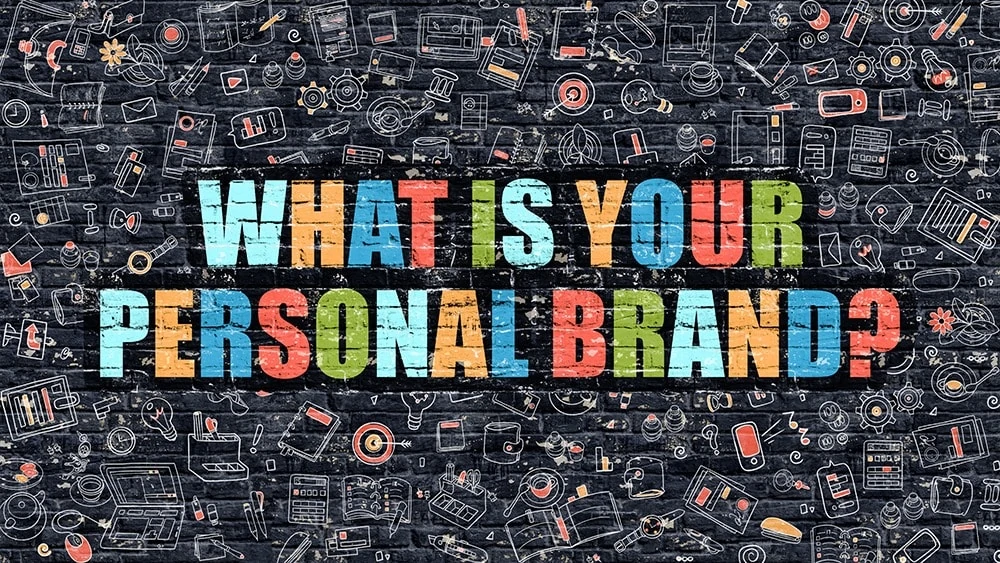Kaitlin Zhang, CEO of Kaitlin Zhang Branding explains the difference between building your personal brand in the UK and China
Personal branding is the active management of your reputation. Everyone has a personal brand: an image that is projected to the outside world, or ‘what others say about you when you are not in the room’. In an increasingly global and interconnected world, the reputation economy is a real currency, online and offline.
Having a strong, respected, and most importantly, visible personal brand will have exponential effects on your career and business in the long run.
Personal branding in China and in the UK are similar in some aspects. They both start with understanding your brand positioning. First, identify the reason you are developing a personal brand. Then determine what you want to be known for and what value you can provide to others. Remember that personal branding is not about you. It is not an ego-driven activity, but a way to better connect your unique competencies with people you can serve. Authenticity and integrity are valued universally.

In western countries like the UK, people are generally more trusting of recommendation by strangers. In China they are more sceptical
There are also some key differences in personal branding between the UK and China though. In western countries like the UK, people are generally more trusting of recommendation by strangers. Just think about how much Amazon reviews can impact your purchase decision. In China, people can be more sceptical.
If you ask a group of international business students why a certain restaurant has a queue outside the door, most people would think that it is because the restaurant is popular. The Chinese students are more likely to think that the restaurant owners have paid people to stand in the queue to give the illusion of popularity.
Another difference is that online reputation is much more important in the west. In the UK, we focus on online and media presence. People will Google you before meeting you. If you are not visible online or have a negative online image, it’s difficult to get that first face to face meeting with anyone.
In China, the focus is on a guanxi network, which is about developing mutually-beneficial long term personal relationships that are built on respect and trust. The best way to improve your personal brand in China is by getting a recommendation from a credible person. If you are recommended by the right people, your online reputation on Baidu is less important. So get networking.
In the UK, we focus on online and media presence – China is a guanxi network based on personal relationships
For westerners wanting to build a personal brand in China, another great place to start is WeChat. Your profile photo and the background photo on the moments page should be professional and friendly. Use your status updates to showcase your personal brand by adding value to others. You should set up privacy options on each post to ensure it is shown to the right audience. As with any other public forum, stay away from complaining, criticizing others, sharing mundane details or leaking sensitive information. Use your common sense.
You can also join WeChat groups relevant to your industry and build personal relationships there. During major Chinese holidays like the Chinese New Year, it’s customary to send greetings in private messages to your contacts.
Other online platforms you can consider for building your professional credibility are: Weibo, forums like Zhihu or Baidu, video sites like Youku and podcast sites like Ximalaya. Note that Linkedin is currently not blocked in China so it is worth creating a Chinese profile. If you can get press coverage, that’s also excellent.
Remember, personal branding is not a sprint. Be open, honest and focus on adding value to others. Soon, you’ll win over the hearts of people everywhere.


